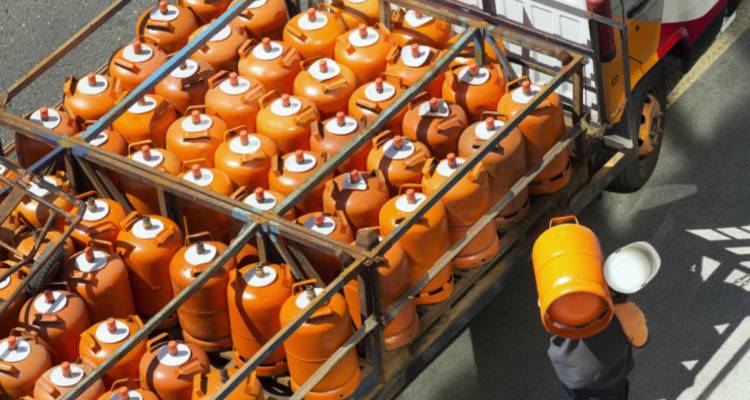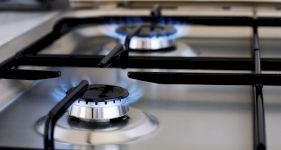How to Bleed a Radiator
Written by Kim Jackson
I have a bachelor's degree in Journalism, which I studied in both the UK and USA. I've been a freelance writer for over eight years and have experience working with many large brands. My experience in writing is over a wide range of different niches, and I've specifically worked in the DIY and trades section for nearly two years. My favourite thing about freelance writing is working wherever I want as I love travelling and discovering new places and cultures.
5th January, 2026
Edited by Samantha Jones
Samantha Jones
Editor-in-Chief
I have a degree in English & Writing. I have been working as a content developer for three years now and have also been freelance writing for three years. I have been focussing my freelance writing within the home improvement and DIY sector.
How we get our data
We gather our data from real quotes given by UK tradespeople to UK homeowners on the MyJobQuote platform.
If you want to learn how to bleed your radiators correctly, this guide will show you step-by-step - and it also includes the tools and materials you'll need to do it.

What Tools Do I Need to Bleed a Radiator?
Before we start, what is "bleeding a radiator"?
Radiator bleeding is the process of removing trapped air from your radiators to improve the flow of hot water and stop cold spots from forming in your radiators.
So, what do I need to bleed my radiators?
Here's a list of the tools you'll need to bleed a radiator:
- Radiator key
- An old cloth
What Safety Equipment Do I Need to Bleed a Radiator?
There's no specific safety equipment or specific materials needed for bleeding a radiator.
However, you should be aware of water and sludge potentially spitting out during the process, so be sure to protect your clothes, as necessary.
How to Prepare to Bleed a Radiator
To prepare for bleeding a radiator, you should:
- Ensure that your heating is turned off.
- Have an old cloth on hand to catch any spraying or dripping water that may come out when you turn the radiator key.
How to Bleed a Radiator Yourself
If you're installing a new radiator in your home, bleeding your new radiators once they've been fitted will be an important step in your process.
So, how do I bleed my radiators?
Here's what you need to know:
Step 1
Run your hand over the radiator to check if it is cold at the top or bottom.
If it's cold at the top, that means there is air trapped in the radiator, and that it needs to be bled.

Step 2
Begin by turning off your central heating, and allow your radiators to cool.

Step 3
Next, place an old cloth underneath the valve to catch any water that may drip out during the bleeding process.

Step 4
Use the radiator key and turn it anti-clockwise about a quarter of a turn until the air stops, and the water runs smoothly out of the valve.

Step 5
Then, turn the valve off again by turning it clockwise.

Step 6
You can then turn your heating system back on, and the problem should be solved.

FAQs
Can You Bleed a Radiator Without a Key?
Yes, you can bleed some radiators without a key. For example, if your bleed plug has a small slit in the middle, you can open it with a flathead screwdriver.
Why Do Radiators Need Bleeding?
When air gets trapped in radiators, it causes cold spots, and the radiators don't heat up as they should. Bleeding them (removing the trapped air) fixes this issue, allowing the hot water to circulate as normal.
When Is the Best Time to Bleed Radiators?
You should bleed your radiators at the start of the heating season. This allows you to check your system is fully functional without any trapped air before you come to use it.
How Long Do You Bleed a Radiator For?
This varies depending on the size of your radiator and the amount of air trapped inside. It usually takes around 20 to 30 seconds to bleed a radiator, but some larger radiators could take up to a minute.
Does Bleeding a Radiator Cause Your Boiler to Lose Pressure?
If you've recently bled your radiator, you may notice a small loss of pressure. You can easily top this back up using the filling loop.
What Happens If You Don't Bleed Your Radiators?
Without bleeding your radiators, you run the risk of having higher heating bills, lower efficiency, and cold rooms.















